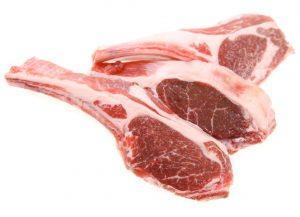The Food Standards Agency (FSA) has released a statement defending itself against recent media reports when it comes to meat safety inspections.

A spokesperson for the FSA said: “Recent media reports of contaminated meat do not give the complete picture on the condition of meat entering the food chain, or on the work done by the FSA to ensure that the meat we eat is safe.
“Our meat hygiene inspectors and Official Veterinarians (OVs) inspect every red meat and poultry carcase for visible contamination, and 99.57% of them pass the test.
“The remaining 0.43% is rejected and passed back to the food business, and they have to rectify the problem. This is the work that our staff do day in, day out, 365 days a year. If it doesn’t pass, then it does not get a health mark and it does not enter the human food chain.”
The FSA states that it does not tolerate hygiene failures, and that it takes robust enforcement action to ensure food businesses improve their procedures to prevent meat becoming contaminated in the first place.
The spokesperson said: “Ultimately if standards are not improving or the risk to public health is high enough, we take enforcement action up to and including taking away a premises’ approval to operate.
“We have no plans to do away with real time meat inspection as it remains a crucial and integral part of the way in which we effectively administer the legal system of controls to assure the public that meat production complies with hygiene and animal welfare controls.”
The FSA stated that it remains committed to exploring ways in which it can administer the system of controls in the most effective manner while maintaining the highest standards of hygiene and welfare.
The spokesperson concluded: “Any changes will only be made through collaboration and consultation with those affected, and ensuring that food is safe will always be at the heart of everything we do.”
This story was originally published on a previous version of the Meat Management website and so there may be some missing images and formatting issues.















